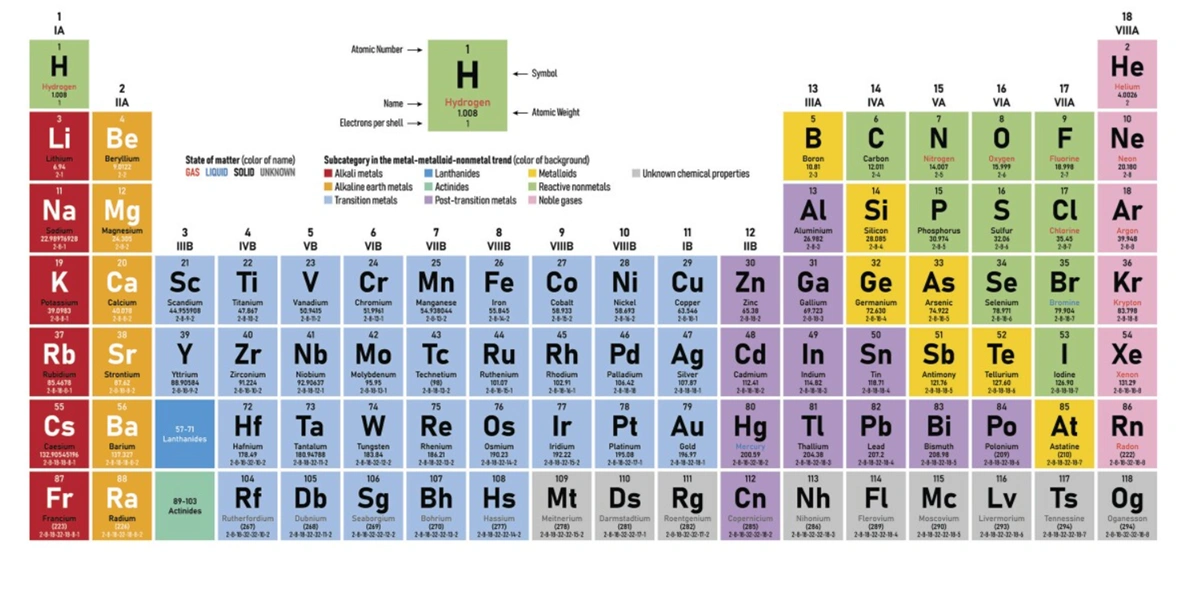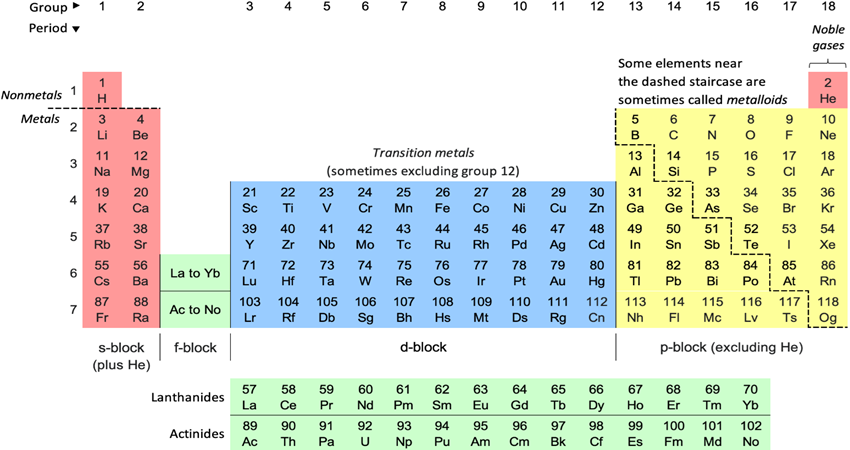Chemistry is a vast and multifaceted field of study, encompassing numerous sub-disciplines that focus on the properties, behaviors, and interactions of various elements and compounds. Oxygen is one of the most vital elements, playing a crucial role in many fields, including biochemistry, environmental science, and materials science.
Let’s explore this branch of chemistry, known as “oxygen chemistry,” to learn about its history, properties, and importance in our daily lives.
What is Oxygen Chemistry?
Oxygen chemistry, also known as oxygen science and oxygen chemistry, focuses on studying compounds, reactions, properties, and applications involving oxygen atoms.
Oxygen chemistry is widely used in many fields, including biochemistry, materials science, and environmental science. With an atomic number of 8, oxygen is one of the most abundant elements on Earth and is used for many purposes, including the manufacture of glass and the melting, refining, and manufacturing of steel and other metals.
In oxygen chemistry, we study oxygen’s reactivity and how it interacts with other elements and compounds to form oxygen-rich substances such as oxides, peroxides, and oxyacids.
History
Oxygen chemistry is a major branch of chemistry, so it is important to know its history, including oxygen’s discovery and recognition as a pivotal element in the study of chemical reactions.
Its history began in the 18th century when early chemists like Joseph Priestley and Carl Wilhelm Scheele started working on oxygen. Both of these chemists independently discovered oxygen around 1774. Joseph Priestley, an English chemist, worked mainly on isolating the gas by heating mercuric oxide, while Wilhelm Scheele, a Swedish chemist, discovered oxygen a few years earlier but did not publish his findings in time.
Priestley initially named oxygen “dephlogisticated air” because it was thought to be an essential component for combustion. He found that air is not an elementary substance but a composition, or mixture, of different gases.
However, Antoine Lavoisier, a French chemist, is considered the father of modern chemistry and named oxygen. He recognized the significance of oxygen in combustion and respiration, cementing its importance in chemical theory.
Lavoisier identified the importance of oxygen in chemical processes, and his work led to the eventual development of the branch of chemistry that specifically studies oxygen-containing compounds and reactions.
Properties of Oxygen Chemistry
- Oxygen is highly reactive and forms compounds with other elements.
- Oxygen is important for respiration.
- Oxygen supports combustion.
- Peroxide and superoxide are highly reactive oxygen-containing compounds with important applications in industrial chemistry, medicine, and environmental science.
- Oxygen plays a major role in organic chemistry and is commonly found in various functional groups, such as alcohols, ethers, aldehydes, ketones, acids, and esters.
- Oxygen dissolves in water, which is essential for the survival of aquatic life.
Importance of Oxygen Chemistry
Oxygen is crucial in numerous scientific and industrial advancements, including environmental science, energy production, health, and space exploration. After centuries, scientists are still trying to understand more about oxygen, such as how it reacts and combines with other elements.
Oxygen chemistry helps scientists design better materials, develop more efficient energy systems, and create new technologies that reduce pollution and improve sustainability.
Oxygen chemistry also plays a vital role in the medical field, including respiration, metabolic processes, anesthesia, wound healing, and treatment of heart conditions. In environmental science, understanding oxygen’s role in forming pollutants like ozone and nitrogen oxides is crucial for addressing issues such as air quality, climate regulations, etc.
Most of us think of oxygen as the element we breathe, but it is much more than that. It plays a vital part in our daily lives and is crucial for biological, chemical, and environmental issues. Oxygen continues to inspire scientific exploration and technological innovation, making oxygen chemistry a critical and exciting area of study in chemistry.
Frequently Asked Questions
Who invented oxygen?
In 1774, an English chemist, Joseph Priestley, and a Swedish chemist, Carl Wilhelm Scheele, independently discovered oxygen.
Who named oxygen?
In 1777, a French chemist, Antoine Laurent Lavoisier, named oxygen, the Greek word oxygens, which means acid producer.
What is oxygen chemistry?
A study of compounds and reactions that involve oxygen atoms is known as oxygen chemistry.






